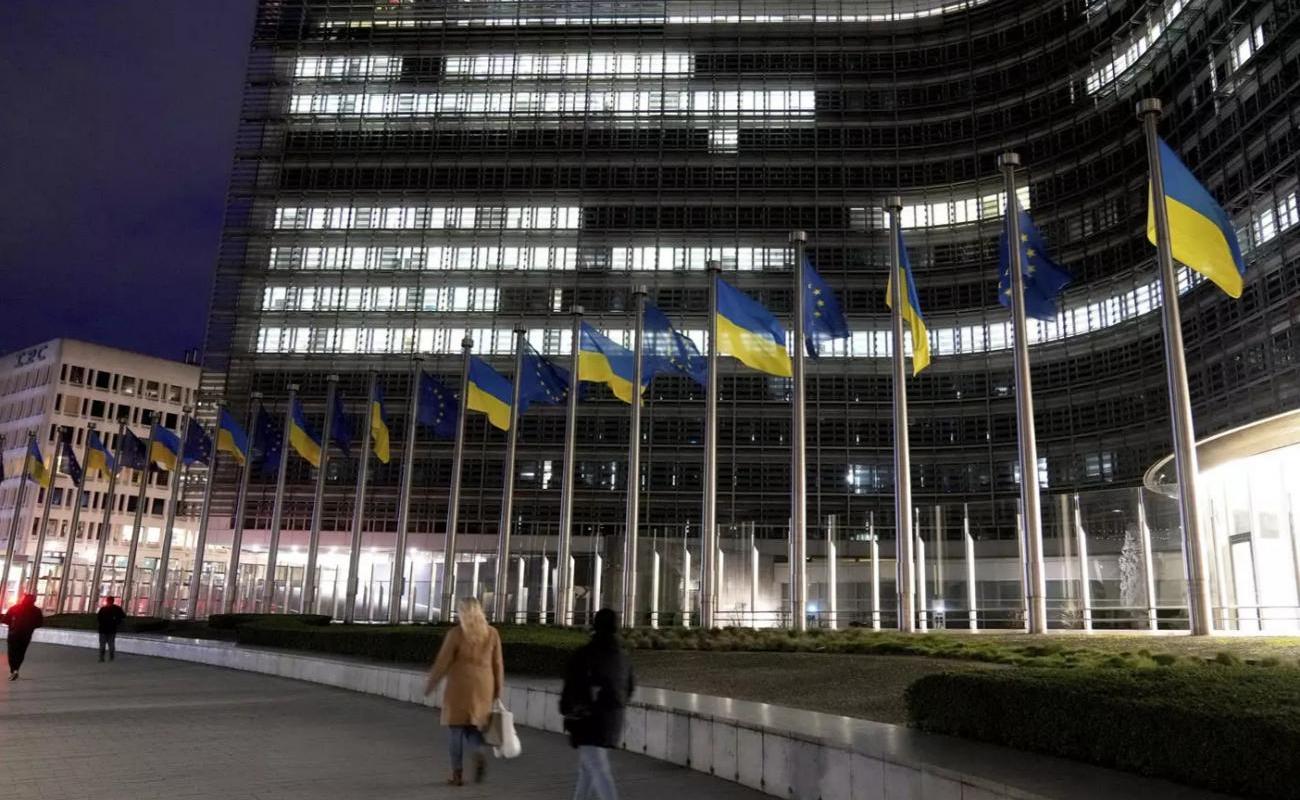Tightening of EU sanctions against Russia: A company from Serbia is also affected

The latest package of European Union sanctions against Russia primarily targets the Russian fleet of "shadow" tankers. The list includes numerous individual companies, among them one from Serbia
The European Union significantly tightened punitive measures against Russian tankers in its 17th package of sanctions adopted on Tuesday (May 20th), according to EU foreign policy chief Kaya Callas. Compared to previous sanctions packages, about 200 ships were added.
This is "the world's largest package of sanctions against Russia's shadow fleet, its attempts to circumvent international rules and continue to finance its war," said British Foreign Secretary David Lammy, whose country joined the EU sanctions package, and reports Deutsche Welle.
Experts, however, are not sure that the latest EU-UK sanctions package will really have a lasting effect. Because - sanctioned oil tankers dock at ports in China to unload Russian crude oil. Indian refineries transship Russian oil onto unsanctioned tankers on the high seas. And even more interesting: despite the sanctions, Russia has so far sold crude oil to Indian refineries, which sent their products to the European Union as well.
As a result, oil revenues have continued to fund Russia's war economy in recent years. Sanctioned ships are generally not allowed to dock at EU shipyards for maintenance, and Western insurers are banned from doing business with these tankers.
In order to circumvent the sanctions against its fleet, Russia has from the beginning invasion of Ukraine On February 24, 2022, it bought ships under foreign flags - including those from Greece, an EU country.
Will the US Senate comply with EU sanctions?
In an interview with French TV channel TF1, French President Emmanuel Macron expressed hope that the US would join these EU sanctions.
European Commission President Ursula von der Leyen lobbied for the latest EU-British sanctions package in Washington, talking to senators from the ruling Republican Party of Donald Trump, as well as those from the Democratic Party. Europeans are pinning their hopes on the 70, who, led by Republican Senator Lindsey Graham, want to support a new round of sanctions against Russia's "shadow fleet." Graham is considered a longtime supporter of Ukraine.
Companies from Serbia are also on the list of sanctions
Part of the new package of sanctions are once again individual companies that were meticulously listed by the experts of the EU External Affairs Service, including their contact information and even email addresses. EU sanctions policy has long been a game of cat and mouse. Sanctioned companies often disappear and then reappear under a different name.
The EU External Affairs Service has therefore re-nominated a total of 31 companies and individuals for the 17th sanctions package. They support the Russian military-industrial complex in its aggressive war against Ukraine, EU experts wrote. A good half of the companies are based in Russia itself, but the list also includes a supplier of spare parts for the aviation industry from Serbia.
It is about the company Sprockjur (Sprocure) from Serbia, which was founded in August 2022, six months after Russia's attack on Ukraine, and the main activity of the company is mediation in the sale of various products, the portal N1 wrote.
The first owner of the company was Serbian citizen Zinete Mehmeti, and she was succeeded by Turkish citizen Ilhan Erdal at the beginning of 2024, when the US State Department began to blacklist companies from Serbia. The company's website says it is an international distributor of parts for the aerospace industry and plans to engage in repair and transportation management with logistics and forwarding services.
According to the latest financial report, the company generated revenue of $2024 million in 1,4, and $2,5 million the year before that.
Radio Free Europe states that it analyzed the entire export that the Sprockjur company had to Russia in the first year and a half of business. Customs databases show that from September 2022, when the first export to Russia was recorded, until the end of 2023, goods worth about two million dollars were sent from the USA, according to RSE.
The transport most often went via Turkey, and in several transfers, the American cities of Miami and Seattle, where Boeing, one of the largest aircraft manufacturers, is headquartered. Customs records show that the goods worth $110.000 were marked with that particular airline, the text says.
The effectiveness of sanctions against corporations is, however, controversial. Researchers from the Ukrainian armed forces have repeatedly discovered high-tech goods from the West, for example in downed Russian drones. Despite the sanctions, technology reaches Russia through third countries.
The work of six Turkish companies, three from Vietnam, two from the United Arab Emirates and one from Uzbekistan was also sanctioned.
France changes strategy
Perhaps that is why a different strategy has been observed in recent weeks, especially with the French president Emanuel Macron and its government. Last year, the European Union, together with the seven largest industrialized countries of the world (G7), decided to use the proceeds from frozen Russian assets for Ukraine.
Recently, the French Minister of Foreign and European Affairs, Jean-Noel Barot, established a direct link between French military aid to Ukraine and frozen Russian assets.
"Thanks to the mobilization of revenues from frozen Russian assets," Barro said, France, through the Franco-German arms company KNDS, "can ensure the maintenance of the CEZAR howitzers supplied by France to Ukraine to defend against Russian strikes." According to official information, France has so far delivered 60 of these artillery pieces to Ukraine. In total, Western partners of Ukraine promised to deliver 154 howitzers of the CEZAR type.
